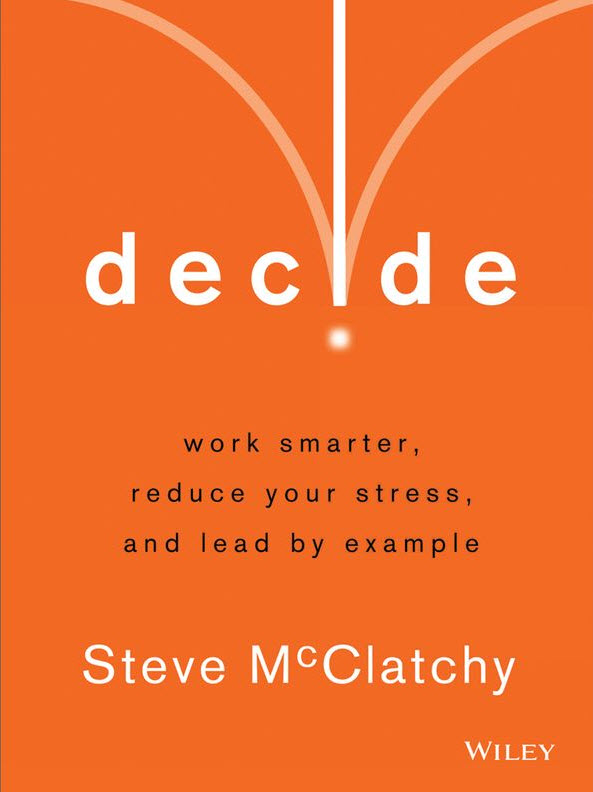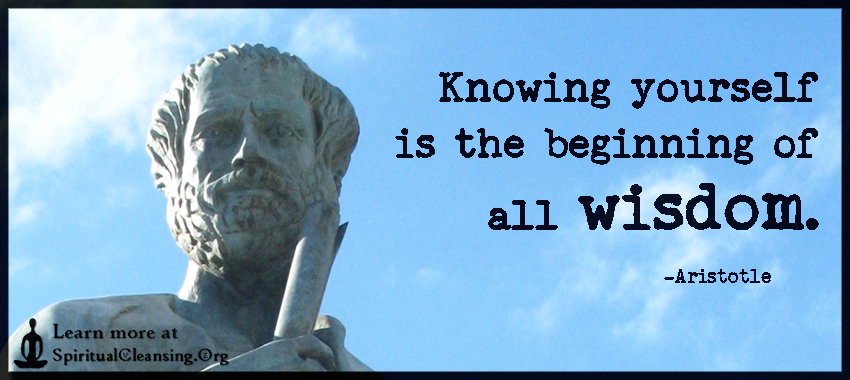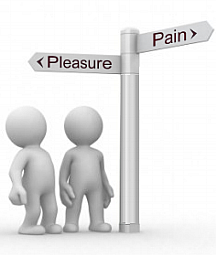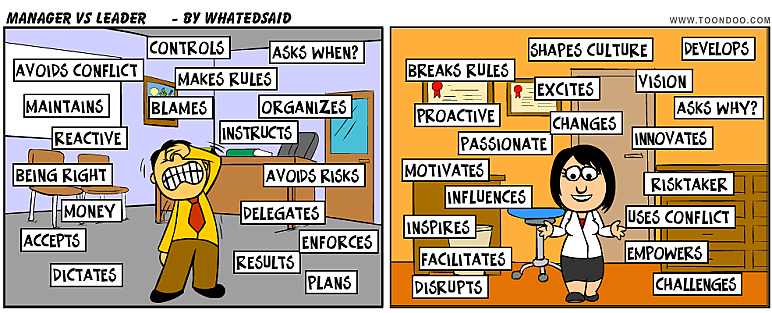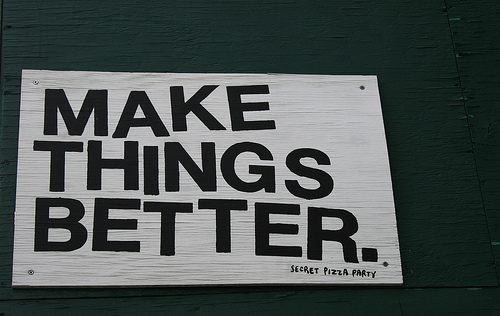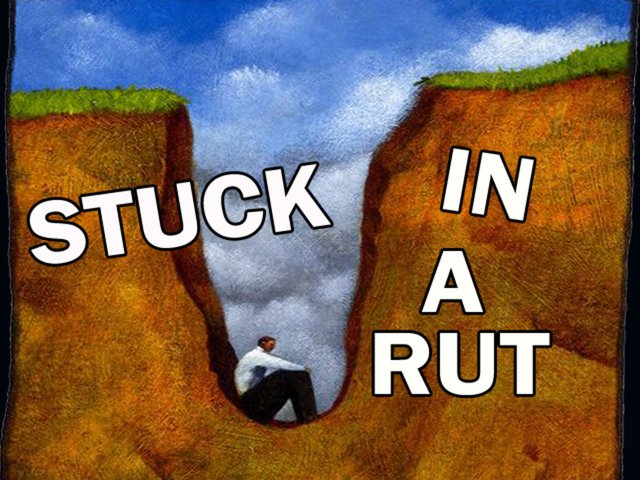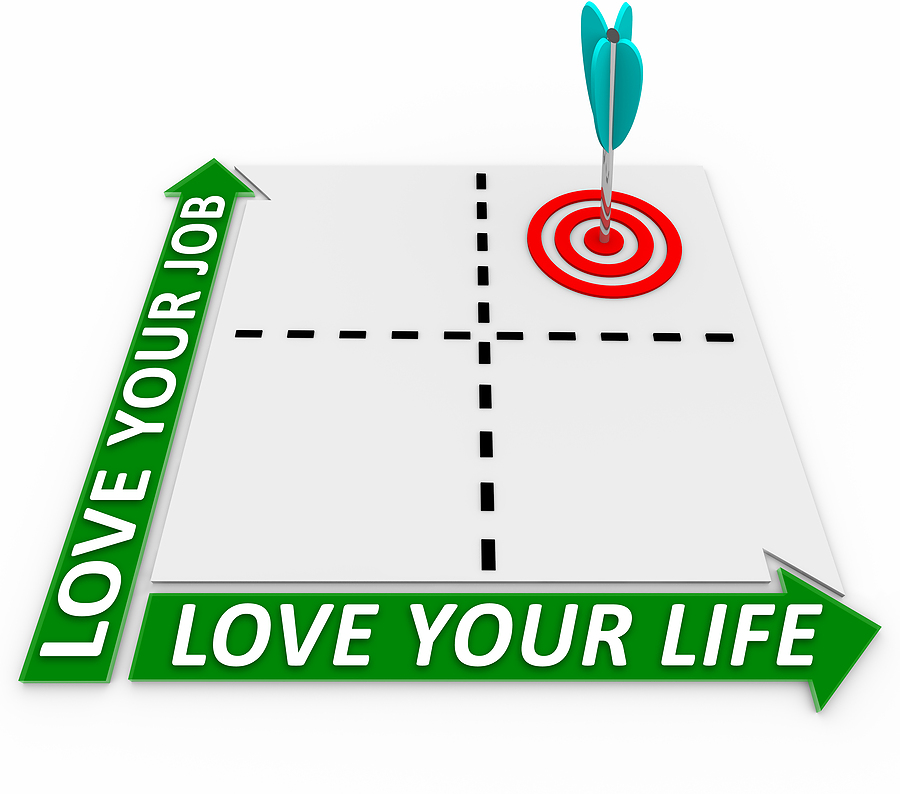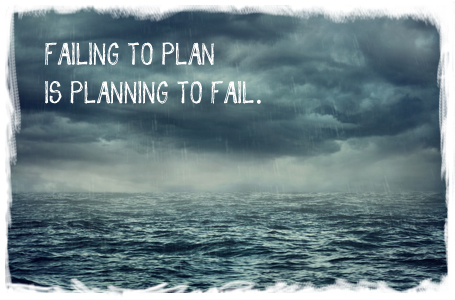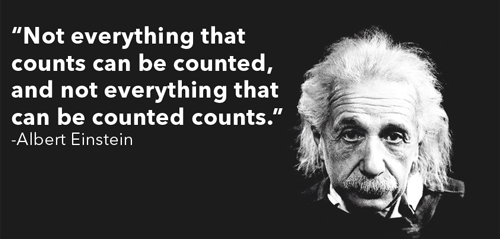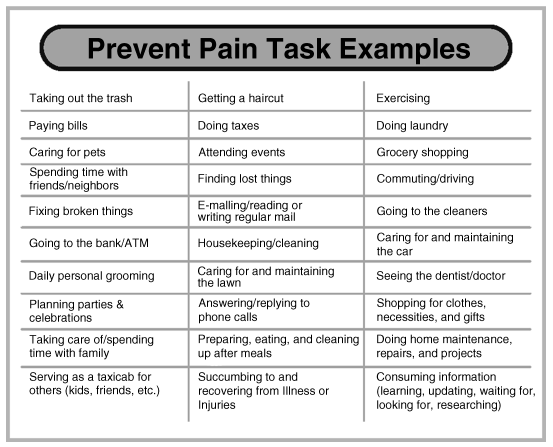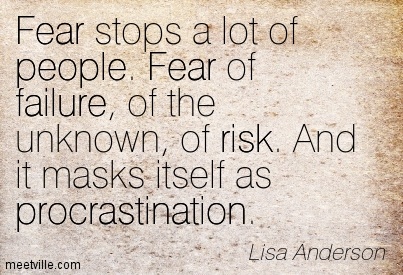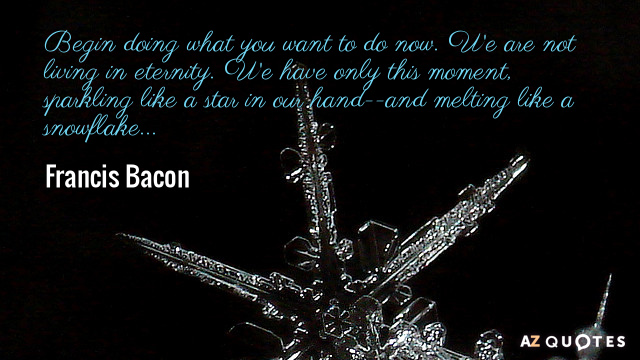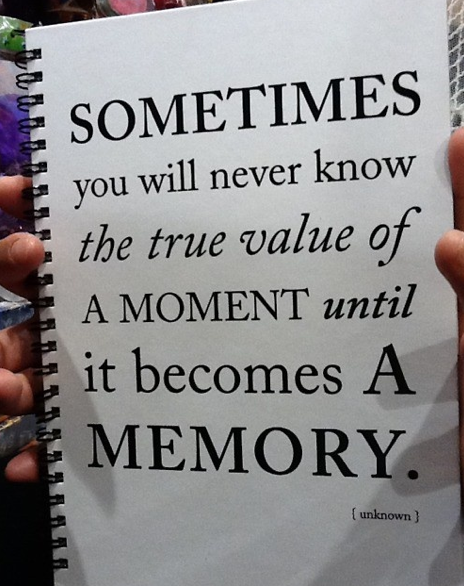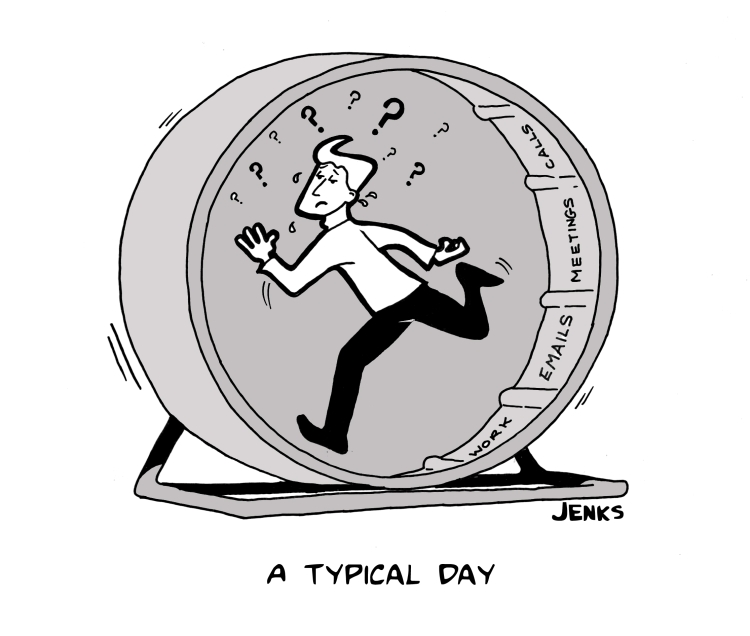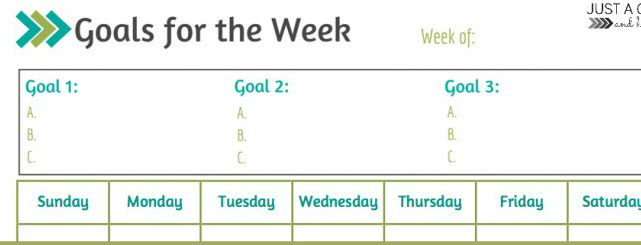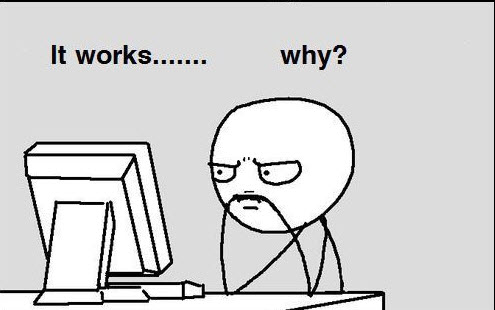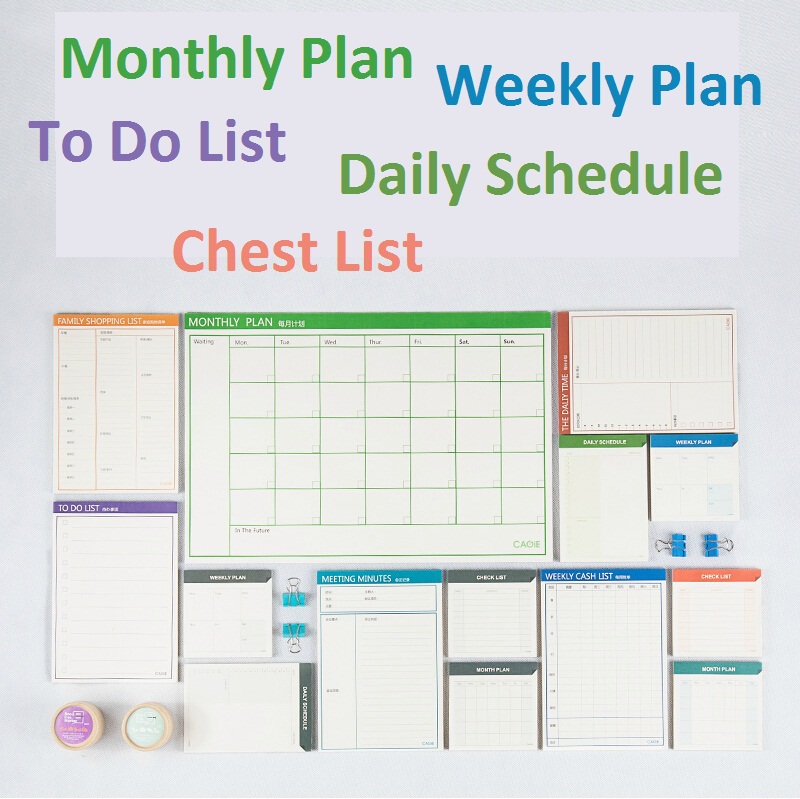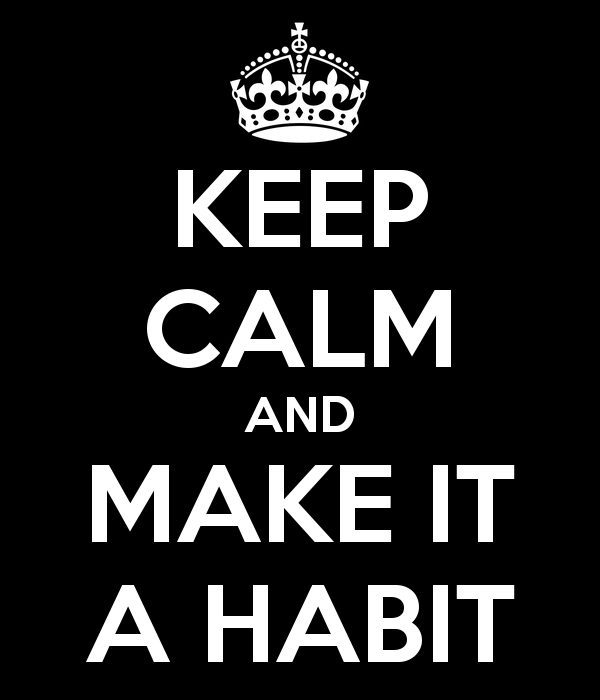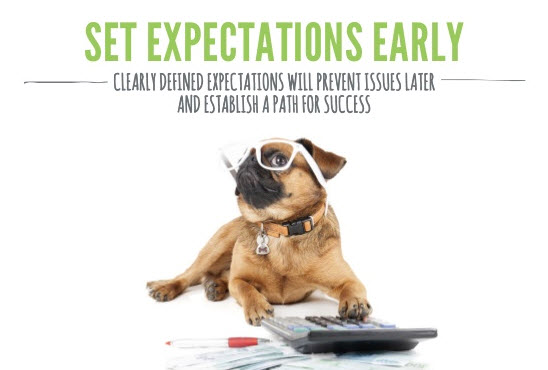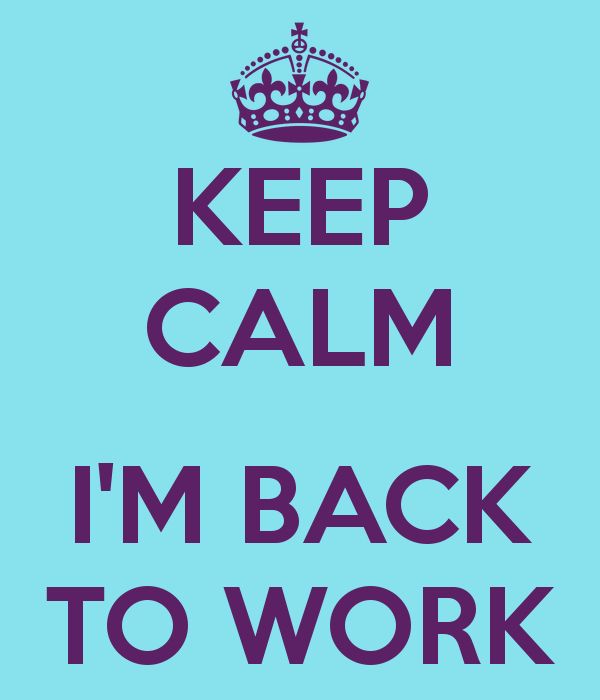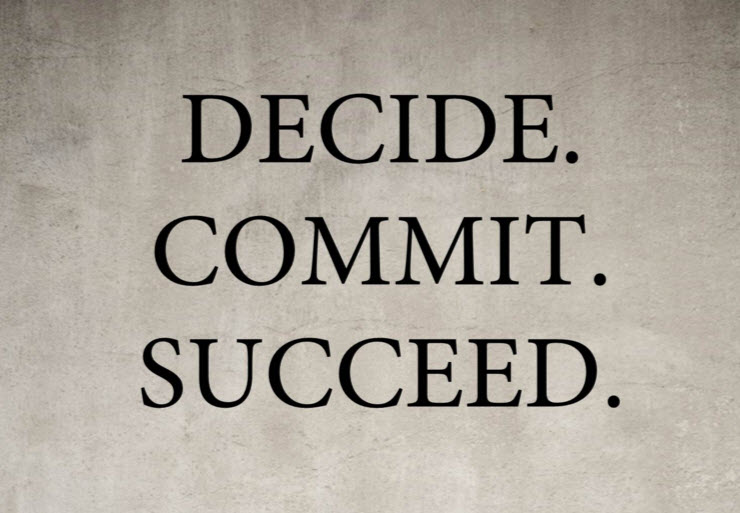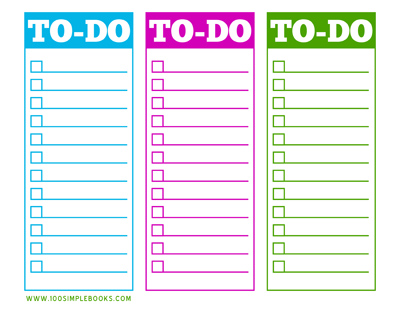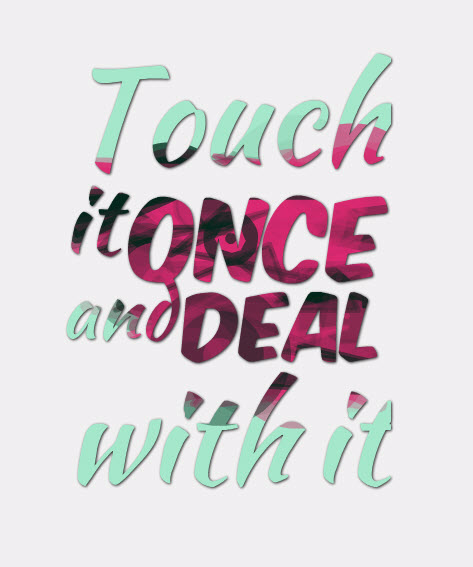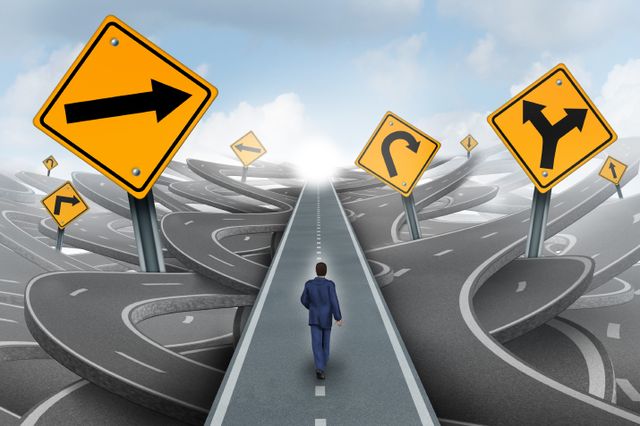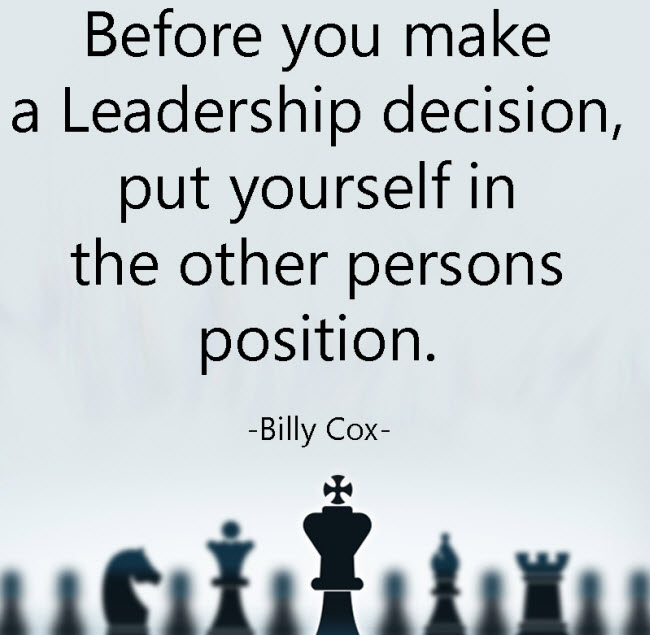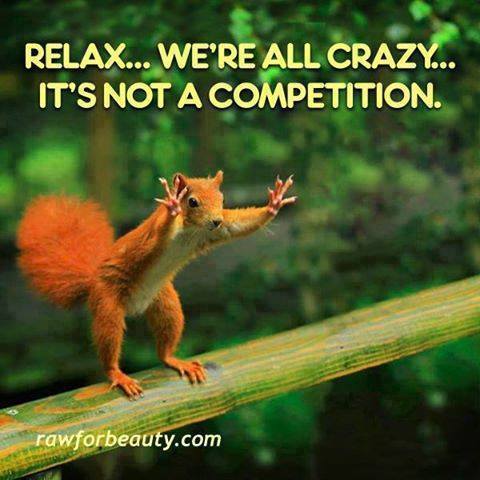“Decide delivers: If you’re struggling to lead not just manage, if you’re frustrated that your? very best results are just beyond reach, or if you’re simply at war with your calendar, Steve McClatchy’s new book is for you. Decide is a rare fresh take at some of the thorny problems that block our best work. But don’t just take my word for it. Get your own copy, and you’ll soon be ordering copies for your team as well.”
—Marshall Goldsmith – America’s preeminent executive coach (Fast Company magazine)–
“In Decide, Steve McClatchy shows us that we can accomplish amazing things by aligning what we want to achieve with how we spend our time. Regardless of the industry or level of the reader, real benefits will be accomplished from Steve’s advice – an immensely practical guide!
—Valerie Sutton, Director of Career Services, Harvard Graduate School of Education–
“If your intention is to gain from your life, and not just prevent the pain that often comes with it, then Decide is the book for you. Steve McClatchy reminds us that in order to achieve something of significance we have to focus on things that matter. His new book is full of the practical wisdom that will enable you to end burnout and bring balance to your life—and to find a path worthy of being followed. I absolutely recommend this book.”
—Jim Kouzes, coauthor of The Leadership Challenge and Executive Fellow of Leadership, Leavey School of Business, Santa Clara University
Book details:
Publisher: Wiley; 1 edition (January 27, 2014)
Publication Date: January 27, 2014
Sold by: Amazon Digital Services, Inc
Genre: Decision-Making & Problem Solving
Author
Steve McClatchy is the owner and Founder of Alleer Training & Consulting, a firm focused on helping companies and individuals improve performance and achieve outstanding results. Steve has been speaking for over a decade to high-level audiences on the topics of Leadership, Performance, Personal Growth, and Work/Life Engagement. His client list includes Pfizer, Microsoft, Disney, Comcast, Accenture, Super Bowl Champions Baltimore Ravens, DHL Europe, Tiffany’s, Wells Fargo, amongst many others. Steve is a frequent guest lecturer in the graduate programs at Harvard and Wharton and has been quoted in The Wall Street Journal, WebMD Magazine, Fast Company, Entrepreneur and Investor’s Business Daily. Steve’s first book Decide: Work Smarter, Reduce Your Stress & Lead By Example is coming out with Wiley Publishing in February, 2014. Interesting to note, Steve is the eleventh of twelve children – nine boys and three girls. He often laughingly credits his success in Personal Leadership and Time Management to the craziness that surrounded his own childhood! Steve lives with his wife Lynn, and their four children outside Philadelphia, Pennsylvania.
Steve McClatchy | Appearance on ABC’s Let’s Talk LIve:
Short Summary
Why: If you want to live a balanced life, you must pursue GAIN.
Balance is a feeling you get when you are satisfied with where you are and where you are going in life.
What: ..all sources of human motivation into two categories: to move toward Gain, or Prevent Pain.
- Prevent Pain
– a “have to” (or Prevent Pain task) is any task or activity that, if neglected, someone else will eventually bring to your attention.
– No matter how many “have to” tasks are on your plate, you can always fill your day with them. - Gain
– A Gain Task is Never Urgent
– You Don’t Have To Complete a Gain Task
– You Can’t Delegate a Gain Task to anyone Else
– The things that will bring you the greatest results in your life don’t have a deadline.
How: “Know Thyself” – Create Your Goals – schedule time in your calendar to work on them.
Your calendar is the tool you use to stop managing your life and start moving it forward. If you don’t put the GAIN tasks on the calendar, it won’t happen.
The reason so many people fail to achieve their goals is because they have not committed to defending a time in which they will work on their goals.
–
Long Summary
TOC
- Introduction
- Chapter 1 – Two Forms of Human Motivation: Gain and Prevent Pain
- Chapter 2 – It’s All up to You: Avoid Burnout and Create Balance
- Chapter 3 – Prioritizing Tasks in Relation to Results
- Chapter 4 – Energy and Motivation: Decide How You Will Get Yours
- Chapter 5 – What Understanding the Value of Time Can Do for Your Life
- Chapter 6 – Monthly, Weekly, and Daily Planning
- Chapter 7 – Managing Interruptions
- Chapter 8 – How to Manage It All: Time Management Implementation
- Chapter 9 – Take Action
–
Chapter 1 – Two Forms of Human Motivation: Gain and Prevent Pain
Many psychology studies have agreed that we can divide all sources of human motivation into two categories: to move toward Gain, or Prevent Pain.–
Either Gain or Prevent Pain pushes you toward completing every decision and activity you pursue.
–
Tasks that you are driven toward by Gain produce more significant positive results in your life and your business than tasks that you are driven toward by Prevent Pain.
–
That’s what Gain is about: improving life and moving forward.
–
a “have to” (or Prevent Pain task) is any task or activity that, if neglected, someone else will eventually bring to your attention.
Prevent Pain: I Have to Do It!
No matter how many “have to” tasks are on your plate, you can always fill your day with them.
Do I Really Have To?
There is no “have to” with a Gain task, because there are no consequences if you choose not to pursue Gain in your life.
To move your life or your business forward from where it is today and to see an improvement, you must do something extraordinary—something that you didn’t have to do at all. You must pursue Gain.
Attributes of a Gain Task
- A Gain Task is Never Urgent
- You Don’t Have To Complete a Gain Task
- You Can’t Delegate a Gain Task to anyone Else
–
Delegation is a necessary tool because limited time is the number one obstacle to learning, growing, and pursuing goals. It is the key strategic skill that enables you to spend time moving your life forward versus staying where you are.
–
–
Management versus Leadership
Management is maintenance —keeping things the way they are today.
Good management is vital to your success in business and in life, but it is not leadership. If you want things to be better than they are today, you need leadership.
If management is maintenance, then leadership is improvement —moving things forward from where they are today and making them better.
–If you have grown and developed your business, then you have proved your leadership, regardless of your title or position.
True leadership doesn’t require a title. If you want to be a leader, all you have to do is make things better.
Who in your life can be a leader except you ?
Personal leadership is doing what we don’t have to do to lead ourselves forward and grow each day. This is where we get our self-identity, and what differentiates us from others.
We must continuously adapt, grow, and improve to lead ourselves forward as things around us change—and to avoid getting stuck in a rut.
The One and Only Exercise I Will Ask You to Do in This Book . . . Brainstorm!
[the author encourage the reader to create a list with gain tasks/goals. That is off course a vital exercise if you haven’t got one already.]
–
Chapter 2 It’s All up to You: Avoid Burnout and Create Balance
So Why Take on Gain?
How do you find balance? The answer is to insert Gain into your life.
The Paradox of Balance
It sounds like people believe there is an inherent conflict between work and life! This is an unfortunate perspective, because you don’t have a separate professional life and personal life; you have only a life.
Gain Is the Answer to the Balance Crisis
The only one who can create balance in your life is you … You do that by pursuing Gain.
Moving toward our goals creates balance and the excitement that we need to keep going.
–
Balance is a feeling you get when you are satisfied with where you are and where you are going in life.
–
Unless we are constantly working toward improving some area of life, we will be focused on the parts of life that naturally get worse over time.
Creating balance, satisfaction, and happiness has a long-term positive impact not only on you as an individual but on your organization as well.
Gain and Prevent Pain Must Work Together
–
Chapter 3 Prioritizing Tasks in Relation to Results
“You rarely have time for everything you want in this life, so you need to make choices. And hopefully your choices can come from a deep sense of who you are.”
~Fred Rogers–
The things that will bring you the greatest results in your life don’t have a deadline.
A New Way to Prioritize
A = Gain tasks
B = Recorded Prevent Pain tasks
C = Prevent Pain taks
–
Results Produced:
A = Goals, leadership, improvement
B = Important maintenance responsibilities
C = Maintenance
Why Is Prioritizing Important?
Focus on Results
Normal to-do list:
- prevent pain
- prevent pain
- prevent pain
- prevent pain
- prevent pain
- prevent pain
- prevent pain
- ..
Balanced to-do list
- Prevent pain
- Move Toward Gain
- Prevent Pain
- Prevent Pain
- Prevent Pain
- Move Toward Gain
- Prevent Pain
- Prevent Pain
- Move Toward Gain
- ..
–
If you try to finish all of your Prevent Pain tasks before you pursue Gain, then Gain will never happen, because Prevent Pain is never finished.
Survival Instincts
Your brain is hardwired to prioritize survival over improvement, Prevent Pain over gain, “have to” over “don’t have to”. It’s primal.
–
…. Let me just check e-mail and see if anything came in before I get started. .. [comment: and there goes your “Gain-time”]
Prevent pain tasks deplete your energy [comment: Gain tasks gives you energy]
Breaking Down Gain: Creation versus Consumption
Consumption goals: Vacation, good meal, luxury watch, movie, etc..
a healthy source of temporary/short-term energy…. [BUT] you will feel depleted as soon as they are over and you return to your Prevent Pain lifestyle.
Think of consumption goals as a short-term reward for hard work you have done.
You need to balance them with creation goals, objectives that are more meaningful and that will enhance your life in the longer term.
We need both consumption and creation goals in our lives to feel balanced and to battle burnout.
The difference between these two types of goals is the impact they have on your life. Creation goals have a lasting, longer-term impact; you will remember them as being significant.
–
Chapter 4 Energy and Motivation: Decide How You Will Get Yours
“It is our choices, Harry, that show what we truly are, far more than our abilities.”
― J.K. Rowling, Harry Potter and the Chamber of Secrets–
All tasks and pursuits require energy..
Motivation exists when there is a distance between where you are and where you want to be.
Motivation is fundamental to our survival and an innate part of who we are.
What Can Your Brain Do for You?
Dopamine is a naturally occurring brain chemical that enables us to recognize pleasure and happiness
Without this helpful chemical we wouldn’t know what behaviors to perform to get what we want
Endorphin, for which there are both natural and artificial sources, work hard for us as well.
.. checking off already completed tasks gives us the sense that we’ve accomplished something. We get a little lift – and experience a push toward progress. .. a rush of endorphins.
Endorphins are built-in painkillers that your body produces in response to stress, fear, pleasure, pain, excitement, or other stimuli. Their purpose is to mask pain and enhance feelings of euphoria and well-being, enabling you to keep going.
–
If we consider dopamine and endorphines as offense, the things that compel us to satisfy our needs, we can consider adrenaline defense.
Our bodies produce adrenaline to get us to safety when threats appear.
It’s another survival tool and one we’re meant to use in emergency situations.
–
Our ancestors didn’t have to think about these things; they just did them instinctively. They were aware of the consequences if they didn’t.
–
The two categories of motivation are fear and desire.
We fear the pain of consequences of not doing something we “have to” do. We desire the results brought on by Gain and movement in our lives.We draw energy from both, and we use the same tools that our brains give us to help maximize both.
We get to decide which category to work from.
Energy from Desire: Creation and Consumption
“Desire is the starting point of all achievement,not a hope,not a wish,but a keen pulsating desire which trancends everything.”
― Napoleon Hill–
Researchers who conducted a study on how vacations affect happiness levels found that the biggest boost in mood occurred from simply planning the vacation and that levels remained high for as long as eight weeks prior to leaving. However, happiness dropped back to baseline levels almost immediately after the vacation was over.
The study proved that although consumption goals do make people happy and correlate to increased productivity, the effect is felt mostly in the anticipation stage and is short lived afterward.
So although the gratifying effects from consumption goals may be short lived, they are still necessary and valuable to our long-term motivation.
–
But the creation idea of “You’ll feel great AFTER you do it!” doesn’t persuade most people as much as the consumption idea of “You’ll have fun WHILE you’re doing it!”
That’s why more people pursue Gains such as vacations, purchases, and elegant meals rather than building sweat equity to open a new business, pulling all-nighters to invent or write something new, dieting and exercising for a year, etc..
Consumption goals can give you only a brief reprieve before you are back to the same place in life that made you want a break.
Only creation goals can move you forward out of that place.the rewards you get from them [creation goals] have a longer-term impact on the quality of your life than the rewards you get from consumption goals.
–
.. both consumption and creation goals are necessary to feel balanced and avoid burnout,
Energy from Fear: Procrastination
Procrastination is the decision you make when you opt to draw energy from the fear of consequences instead of the accomplishment of Gain tasks.
…And even though getting a report to your boss on time is not the same thing as running from a predator, our bodies react in much the same way. Fear propels us into action.
Procrastination has gotten a bad reputation in most time management and leadership teachings—and for good reason. It is time management’s biggest bad habit, usually associated with laziness, weakness, disorganization, and a lack of self-discipline
–
Benefits of procrastination: Energy, Focus, Speed & Less Effort
–
“Why do I do this to myself?” [procrastinate] The answer is now clear: to get the energy to do the things we don’t want to do.
–
Problems with procrastination: Stress, Lower quality, Less control and convenience,
The Final Judgment on Procrastination
it’s time for the final judgment: when quality doesn’t matter, it’s okay to procrastinate.
When quality matters, you need to derive the energy you need to get the work done from something other than fear, a more sustainable energy source..
–
Procrastination is not as much of a time management problem as it is a decision-making problem.
Procrastination Help With Ellen DeGeneres:
–
Chapter 5 What Understanding the Value of Time Can Do for Your Life
That’s the thing about time. It moves in only one direction: forward.
Our memories give significance to one time over another according to what we have done with it.
–
We know that “have to” tasks are necessary to keep up with life. It is the “don’t have to” tasks & the Gain tasks, that distinguish one person from the next, that make your life worth living..
–
The Value of a Minute
Your life is a product of all the decisions that you’ve made on where to spend your time—up until this point.
–
Understanding Where Our Time Goes
And we can classify pretty much everything we do every day into three categories: habits, to-do items, and calendar events.
Habits: things we don’t have to write down or think about.. daily routines etc..
To-do items: maintenance tasks, prevent-pain stuff, things that makes you busy,.. Even if they have to get done today, these tasks are time-flexible because you don’t usually assign a specific time to complete them as you would with an appointment.
Calendar events: time-specific events. We tend to reserve them for important things.
–
You’re habits, to-do items, and calendar comprise your time – and therefore your life. So how can we manage them or use them a little better to make most out of them?
Make Better Decisions about Your Time
Consider first whether your habits are working for or against you. Do you need to change anything about them?
–
You cannot accomplish A tasks, or even B tasks, on autopilot. .. Tasks like this even use a different part of your brain: primarily, the prefrontal cortex, where complex mental activity takes place. To get to that place in your brain, you have to stop thinking in survival mode.
..your calendar is the tool you use to stop managing your life and start moving it forward.
You Accomplish Gain by Getting Your Goals on Your Calendar
The reason so many people fail to achieve their goals is because they have not committed to defending a time in which they will work on their goals.
Once you set aside a spot on your calendar for working toward a goal, you won’t schedule anything else during that time.
–
Even after you’ve brainstormed all the Gain you can think of, if you don’t put it on the calendar it won’t happen.
Why Does This Work?
Use the calendar to give your goals the attention they deserve..
–
We know by now that if you put a Gain task on a to-do list next to a prevent Pain item, the Prevent Pain will always win…
There is never going to be enough time for doing what we don’t have to do.
It’s a matter of scheduling it AND respecting it.
Tasks don’t carry the same priority that appointments do. Tasks are time-flexible and can be moved around until such a time as the deadline arrives.
Appointments, however, are time-specific and are harder to move.
Getting Your Goals on Your Calendar: The First Steps
[identify a Goal/Prosject and] Identify the first action step you can take. [schedule into your calendar]
You must schedule every individual task that pertains to a goal on the calendar as a Gain appointment.
Unless you make them time-specific, they’re not going to happen.
Need Some Examples?
[No you don’t]
Leap of Faith
Your calendar can’t do the job for you; you are still in the driver’s seat.
If you feel that you’ve come to a point where you need this Gain in your life, then you will find the small amount of discipline necessary to take the first small steps of brainstorming and flowcharting your goal. You will honor the appointment on your calendar when it arrives.
It ultimately comes down to desire. Do you desire to feel balanced, satisfied, and accomplished, enough to do more than what you have to do each day to move out of a rut and lead your life forward? Do you need a change?
Don’t Squeeze It In
adding more things to an already busy calendar will likely just overwhelm you. Instead, look at your calendar and see how far out you need to go before you come to a blank spot on a page.
If you can make it happen for your teeth, you can make it happen for your greatest life goals.
Defending time is just a matter of committing to what is already scheduled.
Chapter 6 Monthly, Weekly, and Daily Planning
The way to make it all happen and keep those commitments is to take on one more commitment: to planning.
Monthly planning is for your Gain tasks – your A-level commitments
Weekly planning is for your B tasks
Daily planning is for your C tasks, the daily Prevent Pain things you have to do. You can plan these the night before, in the morning when you first wake up, or upon arriving at work.
–
By their very nature, e-mail and voice mail are ways that other people bring what’s important to them to your attention.
No Time to Plan?
The following section will show you how spending just 5 minutes each day making a daily plan will allow you to keep control over your productive time.
Benefits of a 5-Minute Plan
Benefit #1: You Don’t Forget Things.
Benefit #2: You Get More Done In Less Time.
Following a daily plan also improves efficiency.
Benefit #3: You Are Proactive, Not Reactive
Planning in advance allows you to be proactive
Benefit #4: You Make Better Decisions
The key to success with this is not to get better at saying no but to get better at saying yes to the right things— and then letting your calendar speak for you.
Benefit #5: You Can Better Recover from Interruptions
But when you don’t have a plan in place, recovering from these interruptions is often more time-consuming than the interruption itself.
Make It a Habit
Chapter 7 Managing Interruptions
It’s incredibly frustrating to end a day feeling as if you made no progress on your work.
–
An overly distracting work atmosphere can lead to poor productivity and frustrated employees who think the demands placed on them are too high, unfair, or unattainable.
–
Interruptions, on the other hand, take place when someone wants your attention while you’re trying to focus on something else.
–
How do I address the interruption (and the reason behind it) without getting off course or being rude when I am short on time?
How do I quickly get back on track after an interruption so I don’t waste more time?
Stick to the Work Involved
The best way to do this is to state what you are doing at the moment someone approaches you—and then ask a pointed question.
“I have some phone calls this morning. Did you want to discuss something specific, or are we talking later?”
Steer It Back by Interrupting Yourself
Set Expectations
Here’s a good rule of thumb: if completing this task will take less than 2 minutes, do it now.
If it will take longer than 2 minutes, then dropping everything to work on it immediately may not be the most realistic or efficient way to handle it.
The goal is to get to the work of the interruption as fast as possible—thereby allowing you to preserve your productive time.
Recover and Get Back to Work!
A 2008 study concluded that interruptions cost US corporations $680 billion in lost productivity annually,
Work Interruptions into and out of Your Schedule
Return the Favor
Last, remember to follow all of these suggestions when you are the interrupter.
Chapter 8 How to Manage It All: Time Management Implementation
Being organized simply makes things easier —to find, to remember, and to manage. It also saves time.
Organizing Your Information Resources
To-do lists
Calendar
Contacts
Notes
Why Get Organized?
A few of the ways that disorganization causes stress are:
- You can’t find an item when you need it, which makes you frustrated
- Items are constantly lying around and getting in the way. You have to move them from place to place when you don’t need them, which causes extra work for you
- Cluttered space makes you feel like you always have unfinished work to do, prompting anxiety and draining productivity
- Sometimes you will buy more of something because you simply can’t find the one you had, which means and extra expense.
–
We draw comfort and peace from an organized, relaxing space; it allows us to be more creative, productive, and clearheaded than a cluttered, disorganized space.
–
Just as you need to organize your physical belongings to remain in control of your physical space, you also need to organize your information resources to maintain control of your responsibilities and your time.
Decide and Commit
As usual, the hardest part is the decision.
Decisions can be difficult, because they make our brains work hard.
The Keys to Using a Time Management System Effectively
You must use your system exclusively. Commit to only ONE location for your tasks, appointments, contacts, and notes.
For now, keep in mind that using only one system for both work and personal commitments is a must. Keeping separate to-do lists and calendar for work and personal matters leads to over-committing because you can’t be in two places at once.
–
You must keep your system with you always or have mobile accessibility to it.
Having constant access to your system—in your office, at home, or from your mobile device—will keep you in control of your responsibilities and time.
What Your System Needs to Do
- Daily & future to-do lists
- view time-specific and time flexible obligations at the same time
- Document categories of information
Task Management System: To-Do Lists
The rule for creating a manageable daily to-do list is this:
If you can’t do it today, don’t look at it today.–
DIVIDE your tasks list into daily and future to-do lists by giving each task that comes your way a date by which you want to accomplish it. This gives you a separate to-do list for each day.
Be realistic about your constraints each day to reduce stress and take advantage of the productive time you have.
If you can’t do it today, don’t look at it today. Put it on a future to-do list.
Calendar
All your appointments need to be in one location.
There is an old saying: “A man who has a watch always knows what time it is. A man who has two is never quite sure.”
- Decide and commit to ONE CALENDAR SYSTEM for personal and professional time-specific commitments
- Have it with you always or have mobile accessibility to it.
They Work Together
..you must use a system that let’s you see your daily time-specific AND time-flexible obligations at the same time.
–
You can make good decisions on how to spend your days only if you make a habit out of planning.
- Plan your Gain tasks on your calendar and DEFEND THE TIME to do them
- Use only ONE CALENDAR for both personal and professional commitments
- CONSIDER BOTH time-specific and time-flexible tasks on any given day when planning and prioritizing
- Use a system that gives you MOBILE ACCESSIBILITY to your calendar from your office, home, or wherever you are so you can always make good decisions about your time and commitments.
Being on Time versus Being Late
The simple truth is that people who are chronically late for obligations don’t have problems managing time; they have problems managing decisions TO BE ON TIME OR NOT.
..and mostly it’s about respect.
If the commitment is important enough to you, you would be able to find a way to fulfill it, no matter what.
Information Management: Contacts and Notes
Contact management
Having one system for your contacts ensures that you don’t lose important contact information and that you always know where to look for it..
Notes
One location for all notes
Touch It Once
touch it once. This simply means, make a decision when something is front of you.
Chapter 9 Take Action
The Power of Your Decisions
The decisions that we make result in the life that we build.
every decision has consequences, whether intended or unintended. These are the ripple effects of your decisions that can be far reaching through all areas of your life or layers of your organization.
Decisions Are Like Rules
In your own life, you get to make up the rules.
example: “I will never buy anything on credit that I don’t already have the money to pay for.”
Your Decisions Determine Who You Are
Sometime around the early 1970s, someone came up with the notion of “finding yourself.”
Knowing who you are means knowing how you are different from everyone else.
Consider the following questions:
- What do you value?
- What are the absolutes in your life?
- How do you want your life to be?
- What do you want to accomplish or experience?
- What would make your life better than it is today?
- What are you going to do about it?
- What do you want people to think or feel when they hear your name?
- What do you want people to remember you for?
But most people have never thought about these questions or they don’t know the answers. They’re confused by this concept of figuring out who they are because they’re stuck in a rut, checking off items on their “have to” list every day.
[BTW – I totally agree]
–
Only you can put yourself on the path to leadership, a path worthy of travel and one that inspires others both personally and professionally to follow.
Do You Make Leadership Decisions?
personal leadership is about leading your own life in the direction you want it to go, rather than following other people’s ideas of what your life should be.
–
It’s Not a Competition
Pursuing Gain returns the focus inward.
Once you have decided to work toward Gain, you change your focus. You concentrate on YOU and YOUR GOALS and WHAT YOU WANT TO EXPERIENCE instead of what other people think or are doing. In short, you end the competition.
Building Your Identity as a Leader
To live without goals is to live without passion for anything, and that will only lead to burnout
Working toward creation is what ends the burnout and the competition.
If you are pursuing Gain, you won’t resent or envy other people’s goals or movement; you’ll be too focused on your own journey.
You will be able to celebrate other people’s accomplishments and growth, because you will be secure with who you are and where you are going.
Don’t Just Think about It. Do It!
The calendar is the simple tool we need to begin making our intentions a reality.
Most things that are worthwhile do take some time to accomplish
–
So schedule time among your Prevent Pain tasks to improve something else tomorrow, and then the next day, and so on. You will eventually see a shift, a way out of the rut, even by starting small..
–
You Work Too Hard Not to Get the Great Results You Deserve
We don’t experience the best life has to offer for us as individuals when we are constantly other-focused to the point of suppressing out own identity. We quickly become tired of thinking about what other people want us to do…
–
If all you’re doing is Prevent Pain tasks, you will end the week in the same place you started, week after week. Don’t you deserve better results than that?
–
If you can move your life forward a little bit each week, you will begin to feel balanced.
–
Decide and commit to Gain, balance, prioritize, plan, and get energy from desire instead of from fear.
Decide to move your life forward!
==========
